Japan’s farmers brace for change
- WSJ
- 21 December 2014
“There are foreign investors that would like to own their own land and bring products out under their own brand, if only investment companies were permitted,” says CEO of Mitsui.
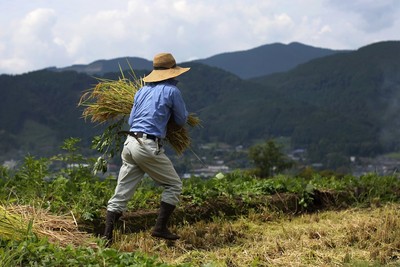
“There are foreign investors that would like to own their own land and bring products out under their own brand, if only investment companies were permitted,” says CEO of Mitsui.
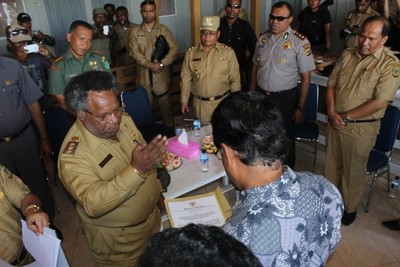
A Noble Agri subsidiary oil palm plantation in Papua, PT Pusaka Agro Lestari's permit has been revoked by local government following several complaints by local civil and religious leaders about negative effects of PT PAL’s plantation on Kamoro people in Mimika Regency.
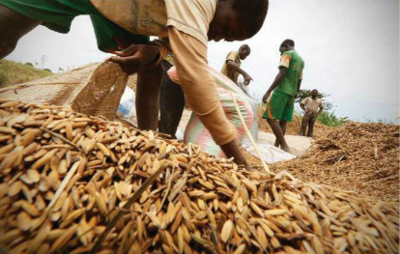
Deux ans après l'accord signé entre Dreyfus et Abidjan, l'enthousiasme suscité par l'arrivée de la multinationale est retombé.

The conference promoted an open exchange of experiences and evidence-based knowledge on the implications of agricultural investments for rural livelihoods, gender relations and social differentiation.

What if you threw a lavish party for foreign investors, and no one came? By all accounts, that is what’s happening in Mozambique’s Nacala Corridor.
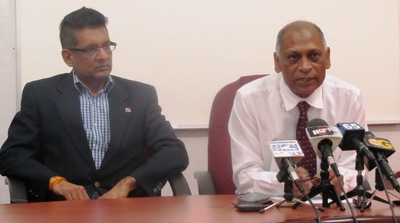
A group of potential investors from Trinidad and Tobago were in Guyana last week to scout local lands suitable for large-scale farming initiatives, as part of an MOU between the two countries signed last year.

The SABL became a national and an international issue when it was uncovered that 5.2 million ha of customary land in PNG were converted to agricultural business leases without the knowledge and consent of customary landowners.

Mariam Sow d'Enda Pronat au Sénégal plaide pour une justice sociale dans la valorisation des terres
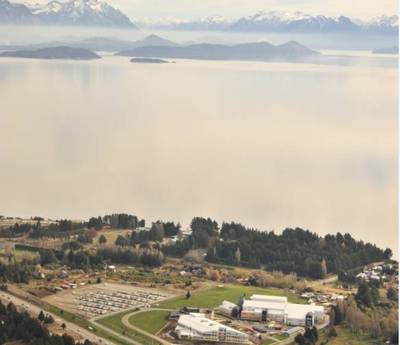
La ley nacional 26.737 establece que el máximo de titularidad extranjera no puede superar el 15%. Investigan transferencias irregulares.
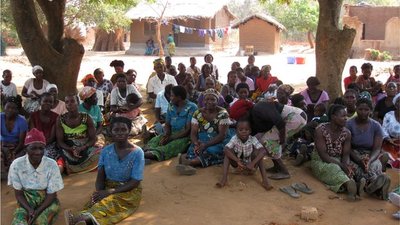
We met dozens of families with land circling Dwangwa town in central Malawi, who said they had been driven out to make way for larger, industrial farm-projects.
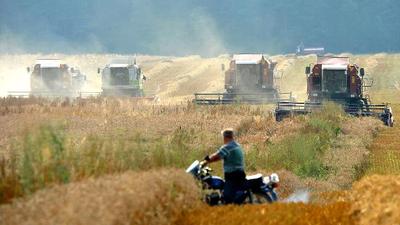
Top on the agenda of talks between Belarus and the UAE was the purchase of land to produce grain crops in Belarus for their subsequent export to the United Arab Emirates.

Faliry Boly, riziculteur et syndicaliste au Mali, revendique le droit à un bail et non à un titre de propriété afin que le terre agricole ne puisse pas être vendue